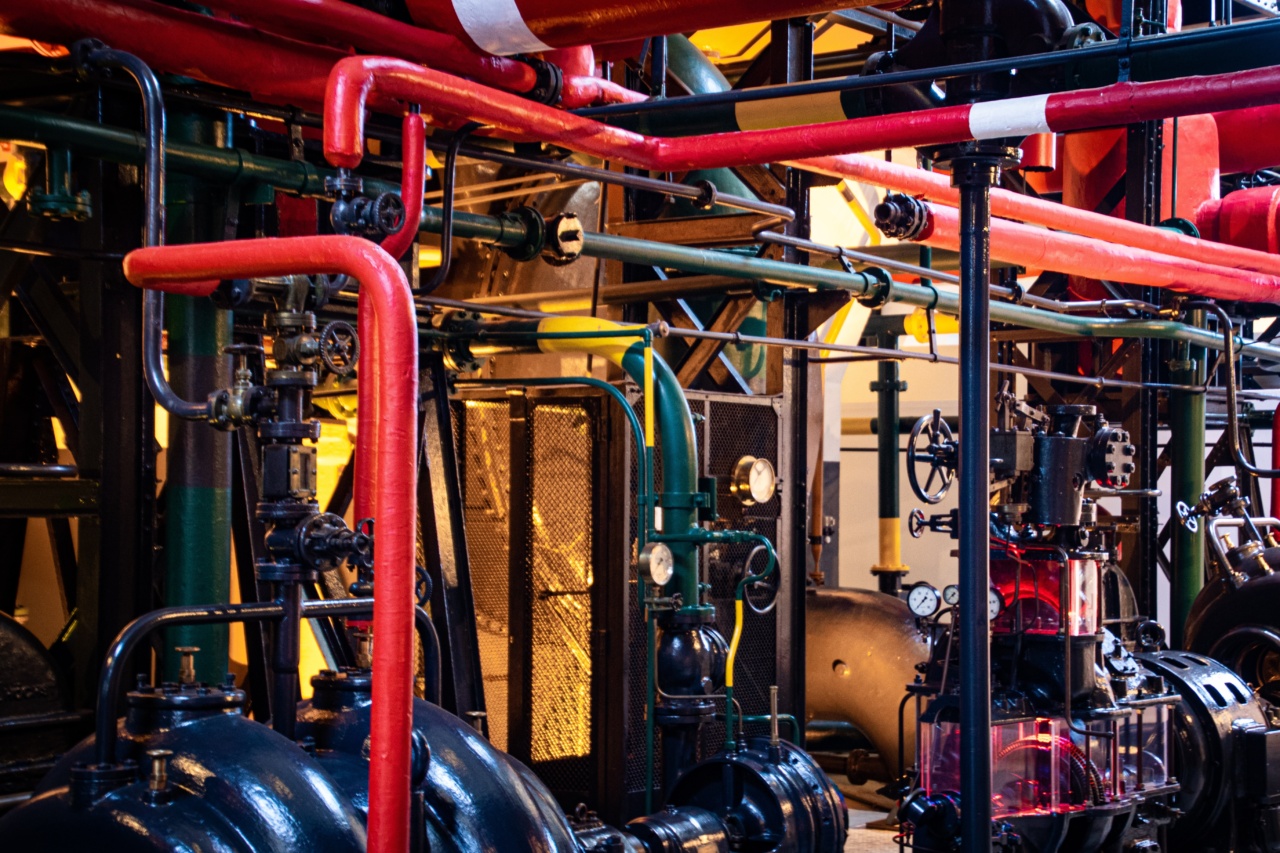Metal alloys have played a crucial role in the development of human civilization, providing us with essential tools and materials for various applications. One metal that stands out from the rest in terms of its ability to resist pressure is titanium.
This remarkable material boasts exceptional strength, durability, and corrosion resistance, making it highly sought after in numerous industries.
A Brief Overview of Titanium
Titanium, known as the “wonder metal,” was discovered in 1791 by William Gregor, a British mineralogist.
This lightweight, silver-gray transition metal got its name from the powerful Greek mythological titans, known for their strength and durability.
Although titanium was first isolated in a pure form in 1910, it took a few more decades to develop effective extraction and refining techniques.
Since then, it has become a key component in various industries, from aerospace and defense to healthcare and sports.
Why Titanium Resists Pressure
There are several key properties that make titanium an excellent choice for applications requiring high strength and the ability to withstand pressure:.
1. Exceptional Strength-to-Weight Ratio
Titanium has one of the highest strength-to-weight ratios of any metal, making it incredibly lightweight while still possessing exceptional strength. This property is crucial in aerospace applications, where weight reduction is a top concern.
2. Outstanding Corrosion Resistance
Unlike many other metals, such as iron or steel, titanium demonstrates remarkable resistance to corrosion. It forms a protective oxide layer on its surface, which prevents corrosion, even in harsh environments with exposure to saltwater or chemicals.
3. High Tensile Strength
Titanium alloys exhibit high tensile strength, meaning they can withstand significant mechanical stress without deforming or breaking.
This property makes titanium an ideal choice for applications subjected to extreme forces, such as structural components in aircraft or artificial joints.
4. Excellent Fatigue Resistance
Titanium resists fatigue failure, which occurs due to repeated or cyclic stresses. This property is crucial in applications where components undergo constant loading and unloading, such as turbine blades in aircraft engines or bicycle frames.
5. Thermal Stability
Titanium alloys can maintain their structural integrity and mechanical properties over a wide range of temperatures, from sub-zero to very high temperatures.
This characteristic makes titanium suitable for applications that experience extreme temperature fluctuations, such as jet engines or deep-sea exploration equipment.
Applications of Titanium
The exceptional properties of titanium make it indispensable in various industries and applications:.
1. Aerospace and Aviation
Titanium’s strength, low density, and exceptional corrosion resistance make it a preferred material for aerospace structures. It is widely used in aircraft components, such as airframes, landing gears, wing skins, and engine components.
The use of titanium in the aviation industry leads to lighter aircraft and improved fuel efficiency.
2. Biomedical and Healthcare
Titanium’s biocompatibility, excellent corrosion resistance, and strength make it the material of choice for medical implants, including orthopedic joints, dental implants, and cardiovascular devices.
Its ability to integrate with living tissue allows for better patient outcomes and improved quality of life.
3. Sports and Recreation
Titanium is highly valued in the sports industry due to its exceptional strength-to-weight ratio and resistance to corrosion.
It is used in the manufacture of bike frames, golf clubs, tennis rackets, and other sports equipment, providing athletes with high-performance gear that can withstand extreme conditions.
4. Automotive Engineering
Many automotive manufacturers utilize titanium in their high-performance vehicles. Its low weight and superior strength make it ideal for applications such as exhaust systems, suspension components, and valve springs.
The use of titanium in automobiles contributes to improved fuel efficiency and enhances overall performance.
5. Chemical Processing
Titanium’s corrosion resistance and ability to withstand high temperatures make it an excellent choice for chemical processing equipment.
It is used in reactors, heat exchangers, piping systems, and other components that come into contact with corrosive chemicals or extreme operating conditions.
6. Architecture and Design
Due to its aesthetic appeal and durability, titanium is also used in architectural projects for its unique appearance. Titanium panels, cladding, and roofing can be found in iconic structures, adding a modern touch and longevity to buildings.
The Future of Titanium
As technology advances and new applications for titanium emerge, the demand for this prized metal continues to grow.
Researchers are constantly exploring ways to improve its properties and manufacturing techniques, potentially unlocking even more incredible possibilities.
Conclusion
Titanium’s exceptional ability to resist pressure and its unique combination of strength, low weight, and corrosion resistance make it an invaluable material in numerous industries.
From aerospace and healthcare to sports and automotive engineering, titanium’s impact on various sectors is undeniable. As we uncover more about this precious metal, its potential applications are bound to expand, revolutionizing the way we live, work, and explore the world.































